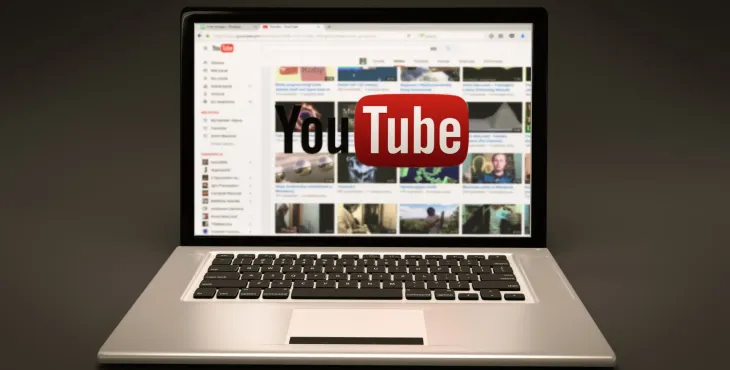
Why does YouTube show scam ads?
YouTube is commonly used to share videos and other media, so it's no surprise that it has become a prime target for scammers. Scam ads are designed to take advantage of unsuspecting viewers by presenting them with false information or false promises in order to gain access to their personal data or money.
The main reason why YouTube shows scam ads is because they can be easily tailored to target specific viewers. By using sophisticated algorithms, scammers can pinpoint potential victims by analysing their browsing habits and content preferences. This allows the scammer to create ads that are highly relevant and likely to get clicked on.
Types o YouTube Ad scams

YouTube has for years been considered the leading platform where you can watch videos on a variety of topics. In the beginning, it was completely free and in order for it to continue to be so for you, YouTube started to make a profit from the advertisements that appear at the beginning or during the viewing of the video. If you want to advertise on this service, all you have to do is set up an appropriate advertising account with Google. There are no special requirements and the interest is so great that, despite many safeguards, fraudsters also profit from this.
This is why awareness is so important. Many people are not aware that fraud can also occur on YouTube.
We have described one such practice in this article on Mr Beast free £1'000 scam.
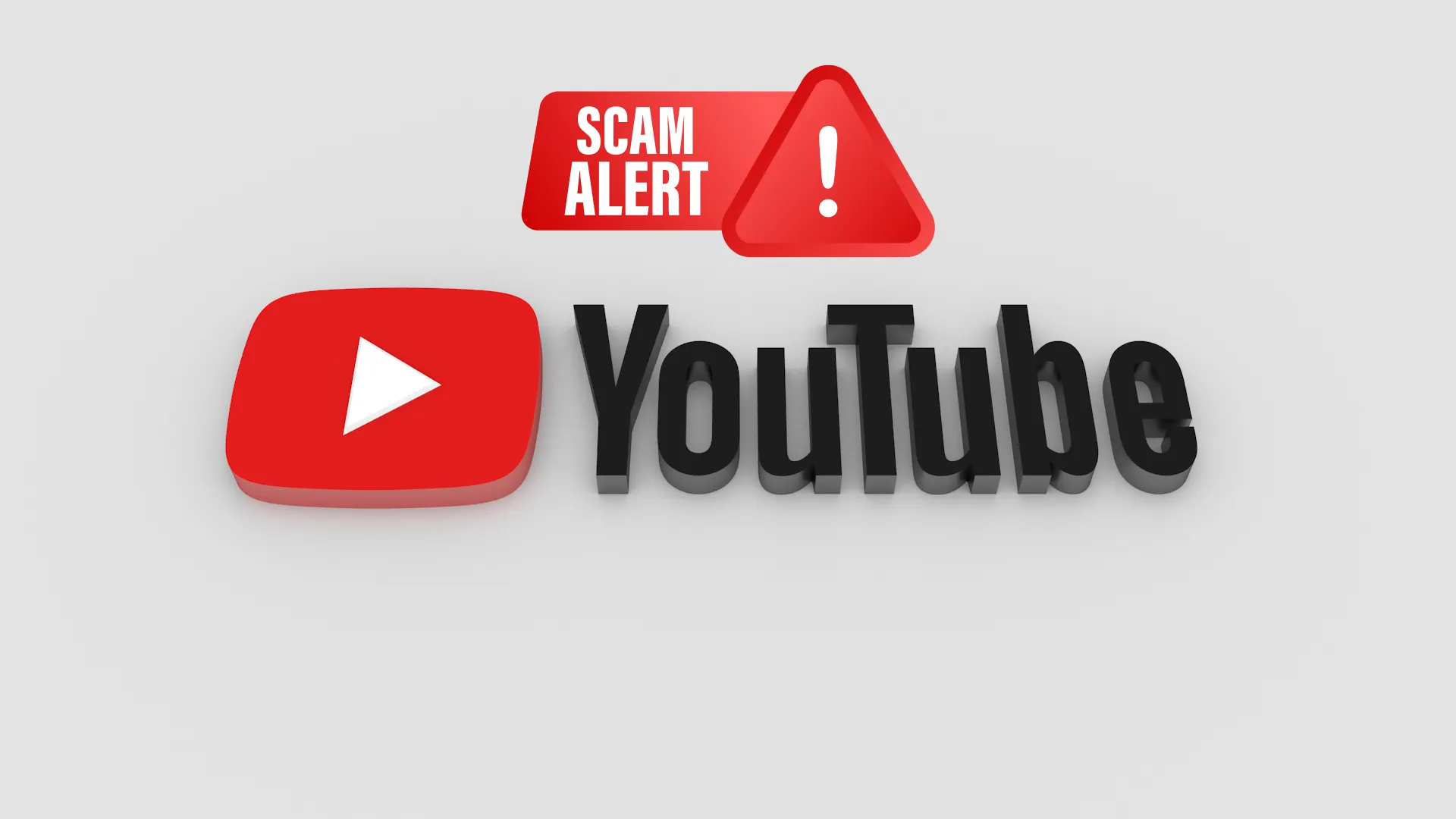
Clickbait Scams
Clickbait scams are a type of YouTube ad scam which involves deceptive tactics to encourage users to click on an ad or link with the promise of something interesting, controversial, or new. The ads often lead to sites that contain malicious software or require users to provide personal information in order to access the promised content. These scams attempt to capitalise on people’s curiosity and can be very successful as clicks are often seen by scammers as a source of revenue.
Phishing Scams
YouTube phishing scams are a growing concern in the online world, as they can be incredibly difficult to spot and can cause significant harm if you fall victim to them. Phishers use sophisticated tactics to lure unsuspecting victims into clicking malicious links or providing sensitive information that can be used for identity theft or other nefarious purposes.
At their core, phishing scams involve an individual posing as a legitimate company or website in order to get you to provide them with your personal information. It might be a link in an email that promises you free money or offers access to exclusive content, but when clicked, it will take you to a fake website that looks almost identical to the real thing. There, it will ask you for credit card details, passwords or other sensitive data that can be used for criminal activities.
False Claims Scams
False claims scams involve presenting false statements about products or services in order to entice people into clicking on an ad. This type of scam is particularly common among YouTube influencers who may promote items that they do not actually use themselves or make exaggerated claims about the effectiveness of certain products in order to drive more traffic towards their own channels and increase their profits through advertising revenue.
Malware Scams
Malware scams involve embedding malicious code into ads that are presented on YouTube. These ads can be used as a way for hackers and cyber thieves to gain access to private information stored on users’ computers and devices when they click on the ad’s link. These types of scams can also spread viruses and other malicious software throughout a user's device and network with devastating results if left unchecked.
How to spot a YouTube Ad Scam
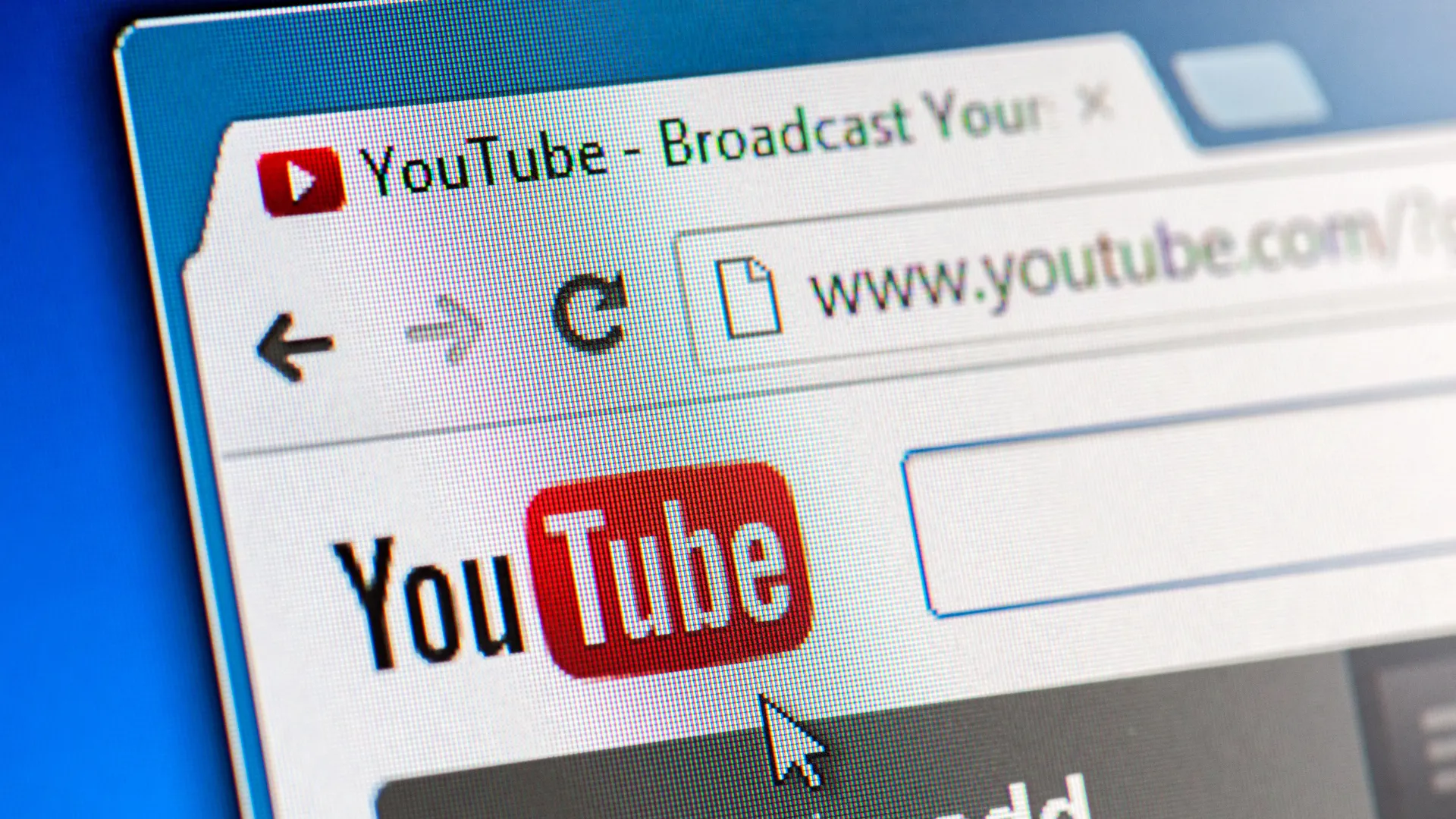
- Identifying suspicious URLs
When you encounter a link that takes you to a page other than the one you expect, this could be a sign of a YouTube ad scam. Be sure to double check the URL carefully before clicking. Look for any letter or number substitutions, spelling mistakes or strange characters such as "!" or "%" that may be present in the URL. If it looks suspicious, do not click on it and delete the message immediately. Additionally, if the link contains an unfamiliar domain name, such as “www.example-scam-site.com” instead of “www.youtube.com”, then this is definitely suspicious and should not be clicked on under any circumstances.
- Spotting false claims
When watching an ad on YouTube, pay attention to any claims made by the creator of the content like “guaranteed results” or “get rich overnight” which are highly unlikely to be true in practice. If something seems too good to be true, chances are it is and likely a scam attempting to take advantage of unsuspecting viewers who may fall for their lies without realizing it until it is too late.
- Being cautious of unexpected or unsolicited offers
Be wary of unexpected or unsolicited offers made through YouTube ads that promise incredible deals or services that appear too good to be true — they usually are! These offers often come with hidden fees or strings attached that can make them difficult or even impossible to take advantage of.
How to protect yourself from YouTube fraud
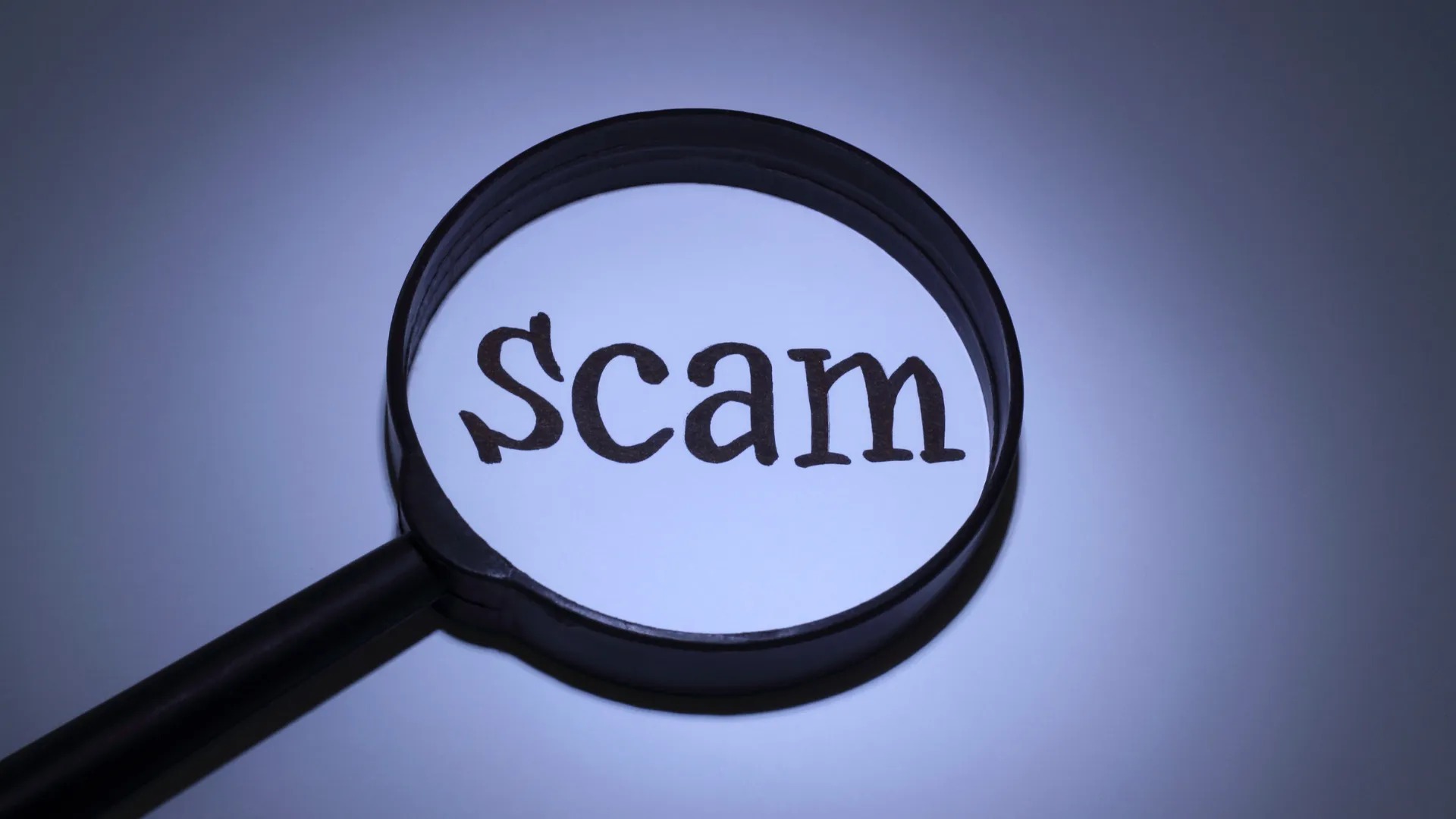
One of the best ways to protect yourself from YouTube ad scams is by using ad-blocking software. This type of software can help block any advertisements that seem suspicious or untrustworthy, which can prevent you from becoming a victim of phishing sites and malicious content. To ensure your computer is safe and secure, it's important to keep your operating system and applications up to date as any outdated versions may be vulnerable to malware and other malicious attacks.
When viewing YouTube videos, be cautious when clicking on unfamiliar links or ads. Avoid clicking on any links or ads that don't look legitimate or trustworthy, as they could potentially lead you to a malicious website or other online scam. Additionally, be wary of pop-up windows that offer discounts, free items, coupons, etc., as these are often used by scammers to get your personal information. If you ever experience suspicious activity while browsing YouTube ads, report it immediately to YouTube so they can take action against the account responsible for the scam.
To further protect yourself from YouTube Ad Scams, take time to research and familiarize yourself with common online scams and tricks used by scammers. Check out articles online teaching people how to recognize online schemes and read reviews about the websites being advertised so you know if they are trusted sources before visiting them.
Additionally, always double check URLs before clicking on them in case they’ve been modified by scammers in order to deceive viewers into a malicious website.
Finally, be sure to use strong passwords for all accounts related to YouTube services as well as two-factor authentication whenever possible for an additional layer of security. By following these tips and staying informed about common scams on the web, you can better protect yourself from becoming a victim of an online scam on YouTube Ads.
Summary of the dangers of YouTube advert scams
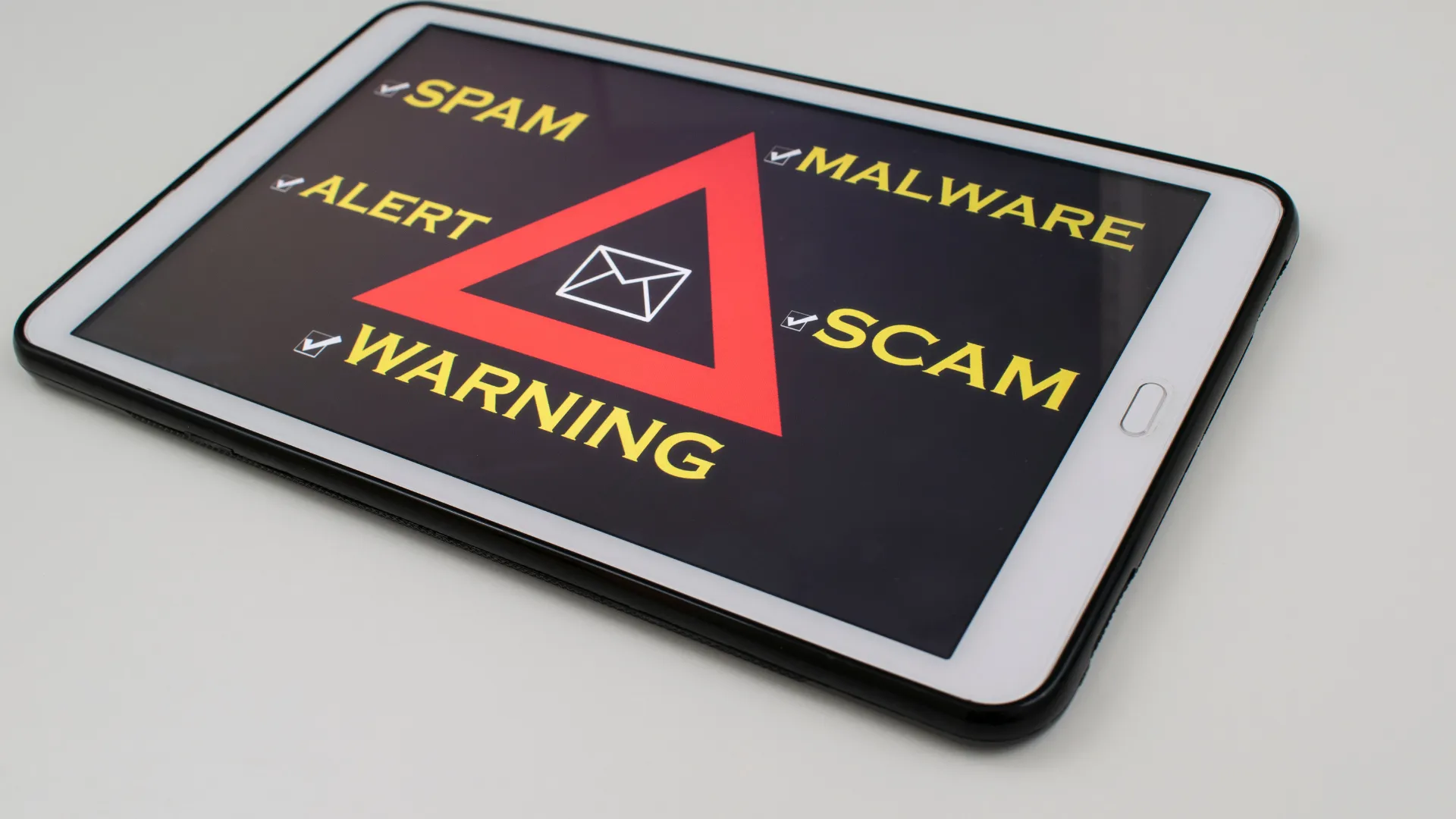
YouTube ad scams have become a growing concern, as malicious actors take advantage of unsuspecting internet users in order to steal sensitive information or money. The goal of YouTube ad scams is to collect personal data, like passwords and banking details, or to get people to visit malicious websites. It's important to be vigilant when viewing ads on YouTube, as any unfamiliar links or pop-up windows that offer discounts should be avoided as they are often used by scammers.
YouTube's anti-spam and fraud policy is explicit: they strictly forbid deceptive actions that exploit the YouTube community, as well as any content whose primary purpose is to trick people into leaving YouTube. If you encounter a fraudulent ad on YouTube, take these steps in order to report it: firstly, get the URL of said advertisement; then fill out this online form.
If ever suspicious activity occurs while browsing through YouTube ads, it’s important to report it immediately so that the account responsible for the scam can be investigated and shut down if necessary.
Furthermore, always remember that if something seems too good to be true or looks suspicious it likely is and could potentially lead you into trouble - such offers should always be avoided. Overall, taking these precautions will help ensure your safety while using Youtube ads and help stop unethical actors from getting away with online scams.